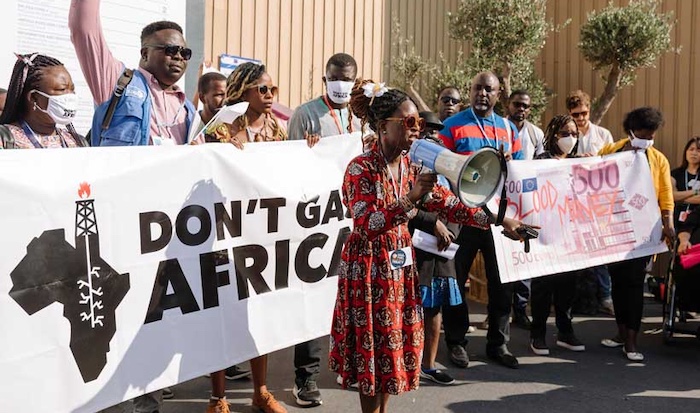Business
African Nations Urged to Maintain Fossil Fuel Development Amid Resources

The Petroleum Institute Effurun, located in Delta State, Nigeria, has issued a strong caution against the rapid abandonment of fossil fuels by African nations. The institute highlighted that Africa holds approximately 125 billion barrels of crude oil reserves and over 600 trillion cubic feet of natural gas reserves, emphasizing the importance of these resources for the continent’s economic future.
During a press briefing on October 22, 2025, ahead of the 4th Biennial International Conference on Hydrocarbon Science and Technology (ICHST), Dr. Samuel Onoji, the Principal and Chief Executive of PTI, articulated the need for African countries to enhance their research and development capabilities in local technologies. He noted that rather than abandoning fossil fuels, nations should focus on utilizing their hydrocarbon resources in an environmentally sustainable manner.
Focus on Sustainable Development
Dr. Onoji stated that as global demand for fossil fuels is projected to persist for at least the next 50 years, it is crucial for African nations to invest in technology that allows for responsible exploitation of their oil and gas reserves. The upcoming conference aims to foster discussions on advancing local capacity in oil exploration and production technologies while also addressing environmental concerns.
He remarked, “Today, we are confronted with the stark reality that only a few African countries have been able to master certain aspects of oil production technology and fabricate key machinery for the industry.” The ICHST will serve as a platform for nurturing the next generation of energy professionals, providing opportunities for students and young researchers to enhance their skills and competencies.
The conference will cover various topics along the hydrocarbon value chain, including exploration, decommissioning, environmental management, and the integration of new technologies such as Artificial Intelligence and carbon capture utilization and storage.
Partnerships for Progress
The PTI Chief Executive underscored that the conference is a culmination of collaborative efforts with several organizations. Key partners include the Nigeria National Petroleum Corporation Limited, the Ministry of Petroleum Resources, and the Petroleum Technology Development Fund. These partnerships are vital for aligning Nigeria’s hydrocarbon sector with the current global energy transition.
Dr. Onoji pointed out that the oil and gas sector in Nigeria is undergoing significant transformation, with increased investments in exploration activities and regulatory reforms aimed at fostering local content development. He stated, “The past three conferences were the foundations we built upon over the years as our resolve is to keep blazing the trail in the delivery of training solutions, research, and development while fully appreciating the dynamics of the global oil and gas industry.”
The ICHST represents a critical step towards addressing the unique challenges faced by the African hydrocarbon sector, particularly in light of the ongoing global shift towards cleaner energy sources. The PTI aims to leverage this event to further develop local capacities and technologies that can support sustainable oil and gas production in Africa.
-

 Health3 months ago
Health3 months agoNeurologist Warns Excessive Use of Supplements Can Harm Brain
-

 Health3 months ago
Health3 months agoFiona Phillips’ Husband Shares Heartfelt Update on Her Alzheimer’s Journey
-

 Science2 months ago
Science2 months agoBrian Cox Addresses Claims of Alien Probe in 3I/ATLAS Discovery
-

 Science2 months ago
Science2 months agoNASA Investigates Unusual Comet 3I/ATLAS; New Findings Emerge
-

 Science1 month ago
Science1 month agoScientists Examine 3I/ATLAS: Alien Artifact or Cosmic Oddity?
-

 Entertainment5 months ago
Entertainment5 months agoKerry Katona Discusses Future Baby Plans and Brian McFadden’s Wedding
-

 Science1 month ago
Science1 month agoNASA Investigates Speedy Object 3I/ATLAS, Sparking Speculation
-

 Entertainment4 months ago
Entertainment4 months agoEmmerdale Faces Tension as Dylan and April’s Lives Hang in the Balance
-

 World3 months ago
World3 months agoCole Palmer’s Cryptic Message to Kobbie Mainoo Following Loan Talks
-

 Science1 month ago
Science1 month agoNASA Scientists Explore Origins of 3I/ATLAS, a Fast-Moving Visitor
-

 Entertainment2 months ago
Entertainment2 months agoLewis Cope Addresses Accusations of Dance Training Advantage
-

 Entertainment3 months ago
Entertainment3 months agoMajor Cast Changes at Coronation Street: Exits and Returns in 2025









